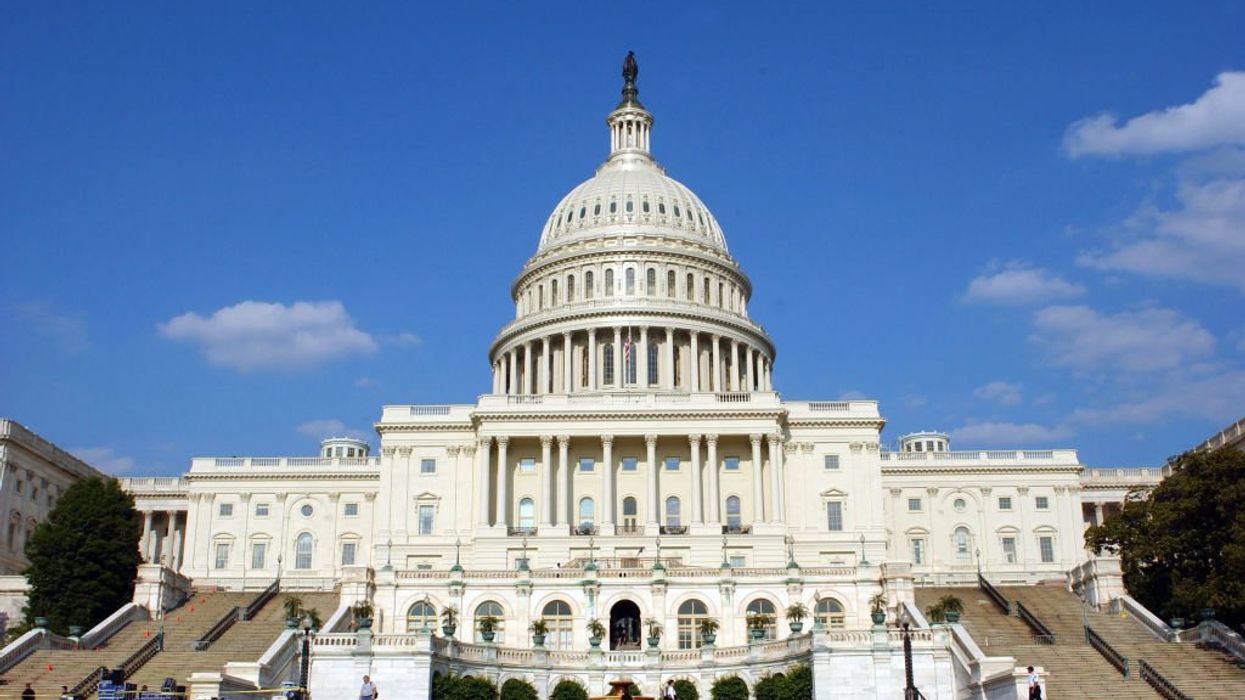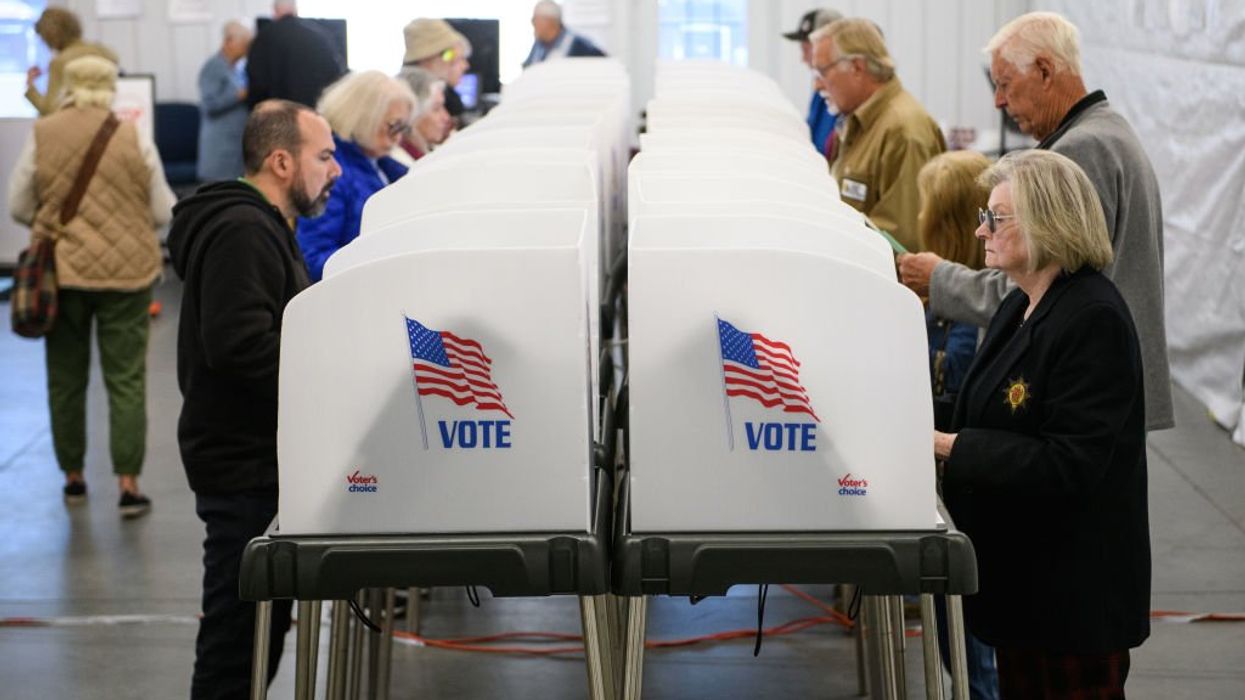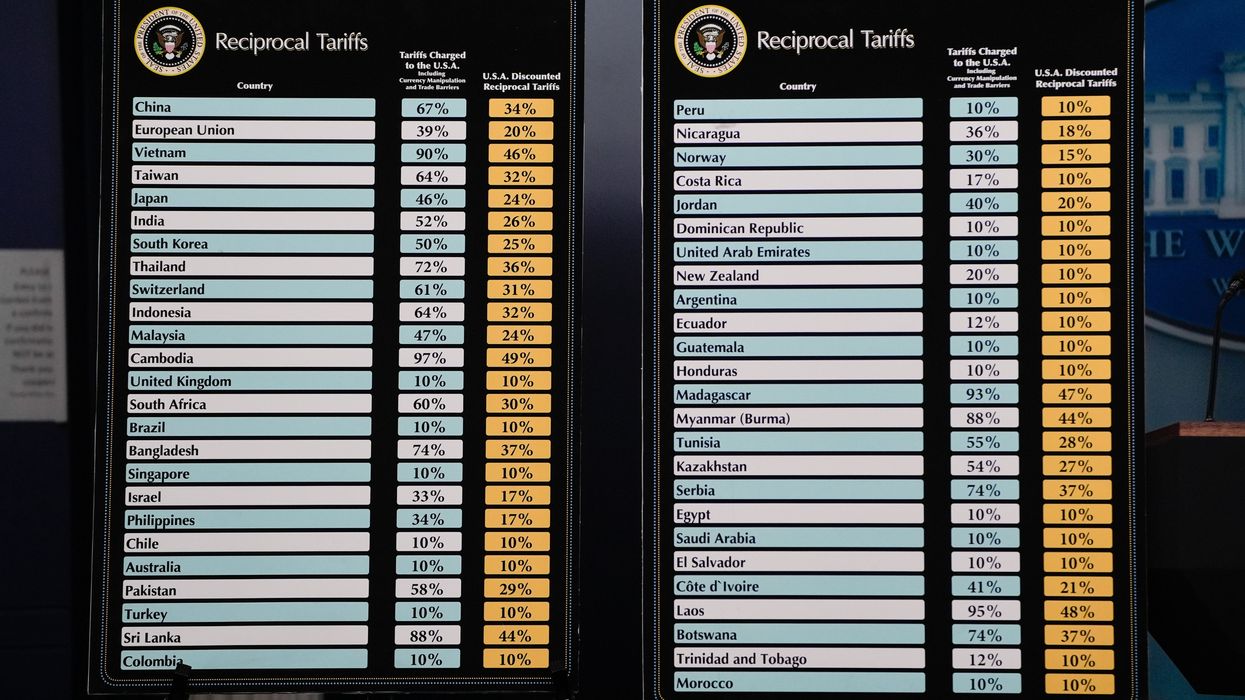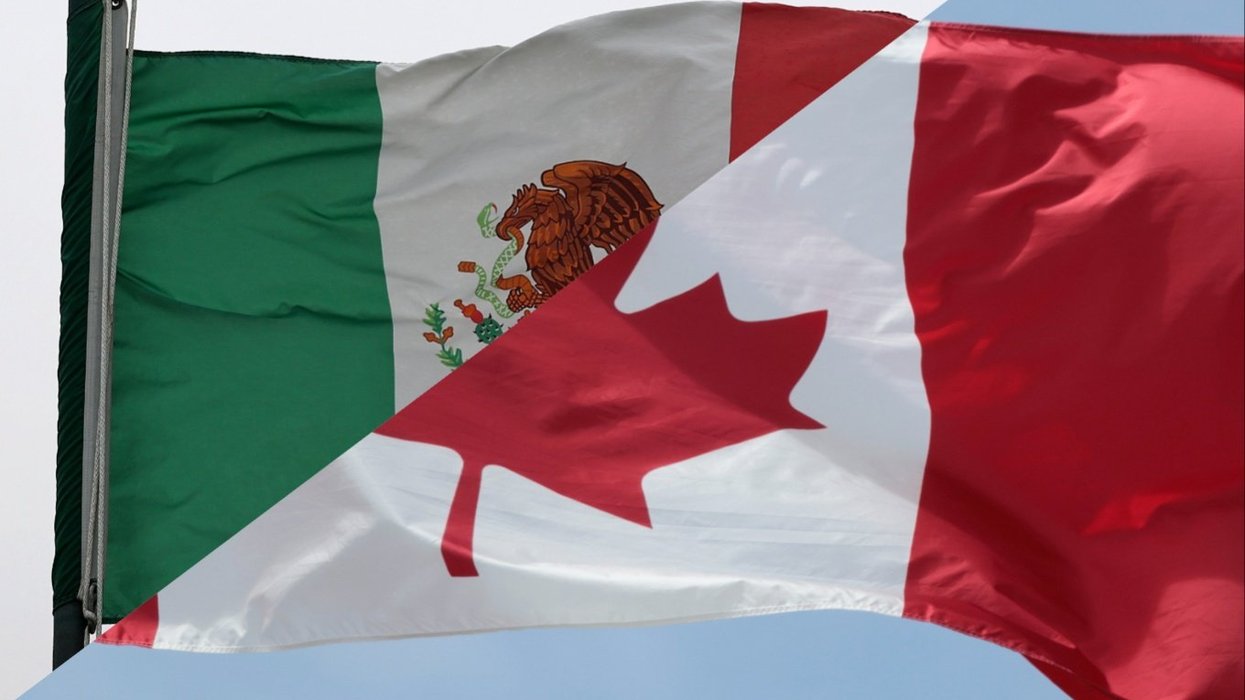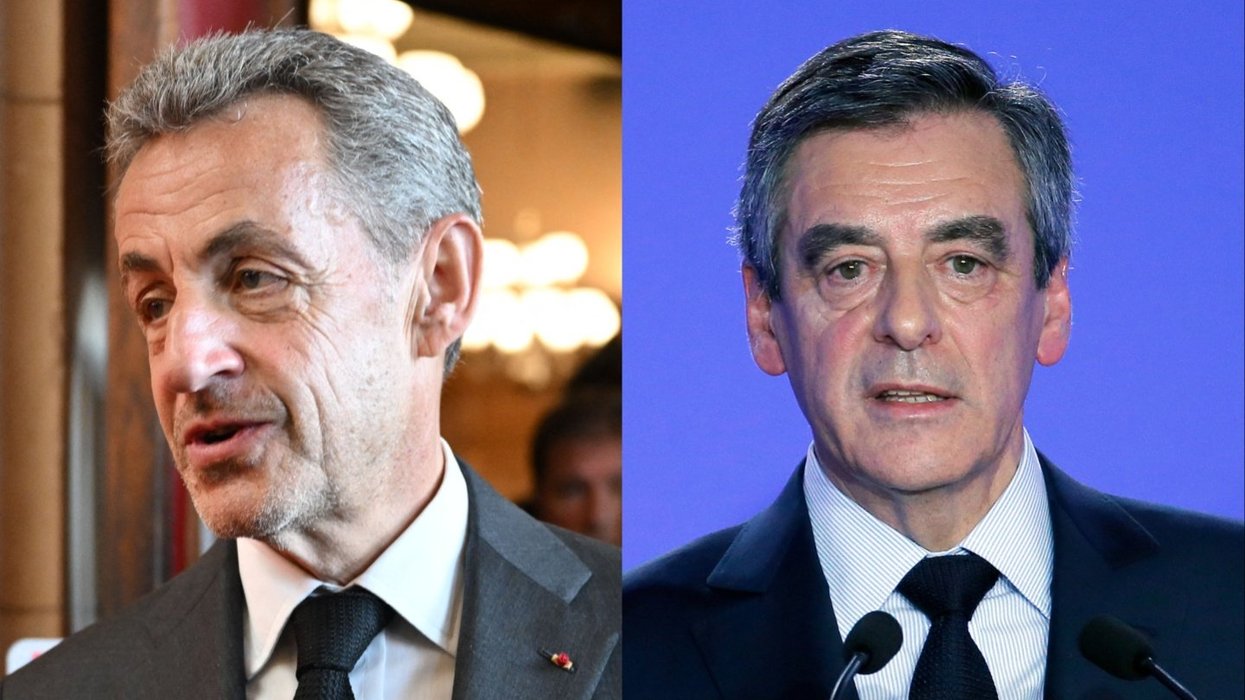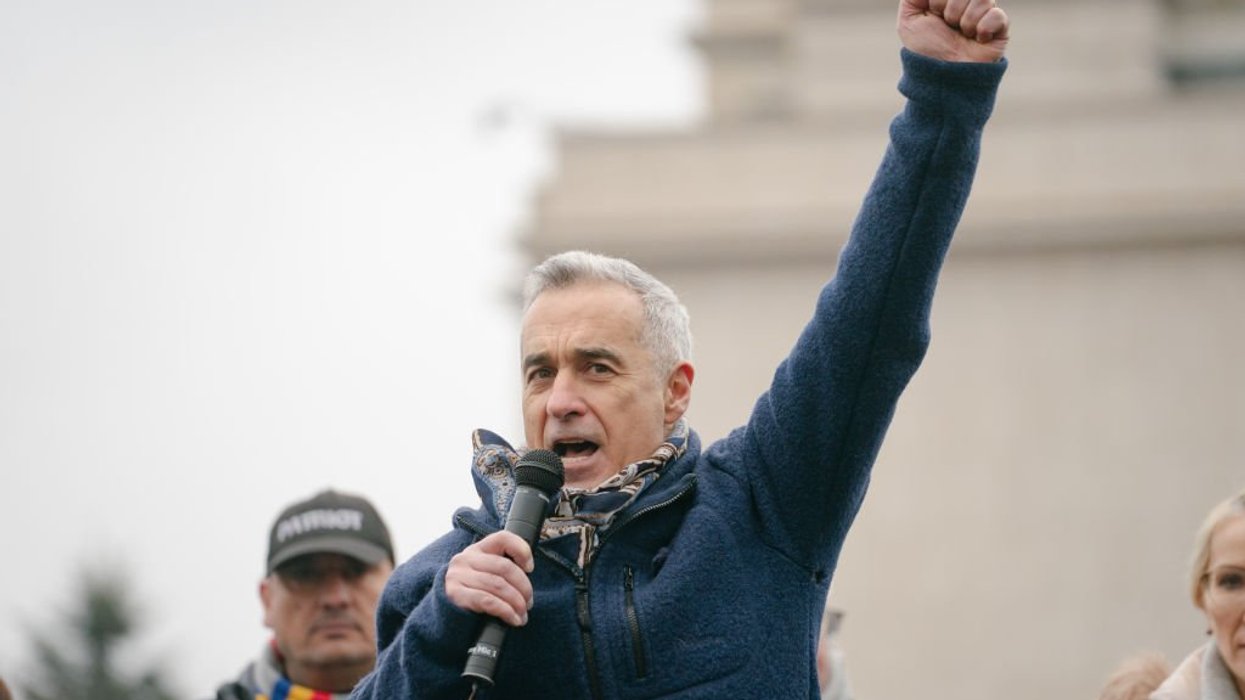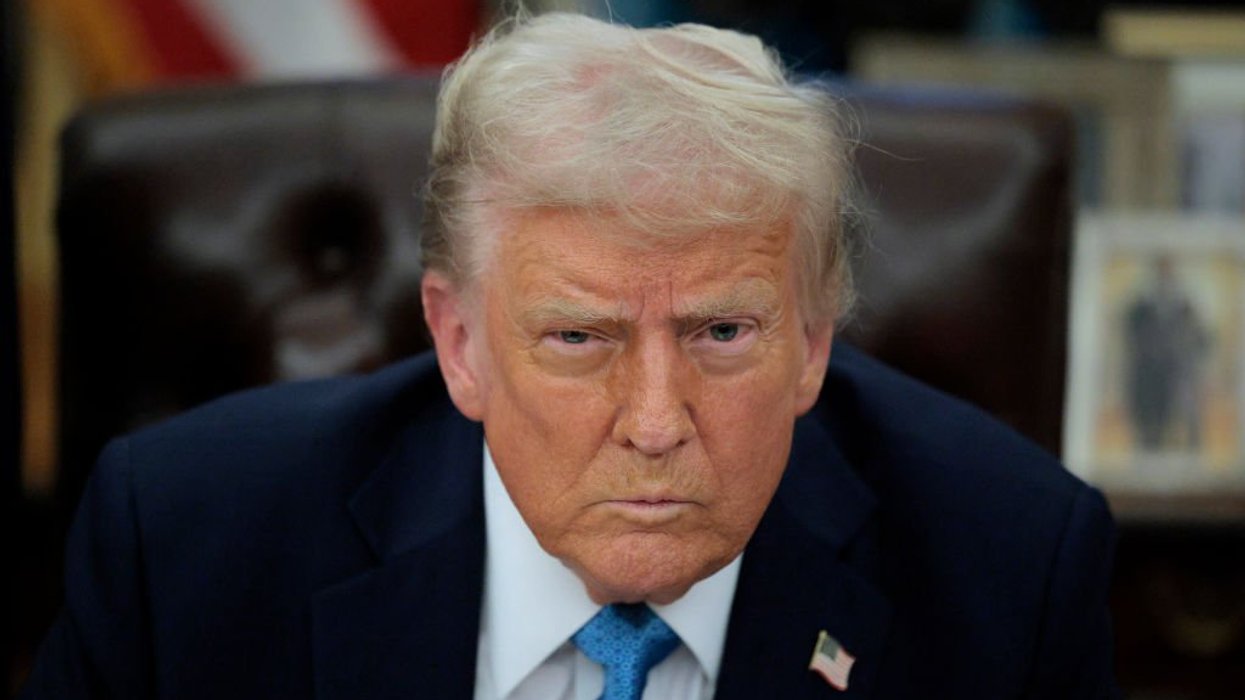EDITOR’S NOTE: Due to inclement weather in Dallas, Glenn asked his staff to stay home this today as he broadcasted his radio program from home. As a result, no video clips will be available from Friday’s radio show. You can listen to the entire radio show HERE. The story below is a recap of one the radio segments.
***
Glenn opened the radio program this morning by reflecting on the life of Nelson Mandela. While Mandela is lauded as a peaceful hero of the civil rights movement, he was once a communist revolutionary. After spending 27 years in prison, Mandela had a decision to make: Would he tear a nation apart with violence or forge a different path?
“Well I want to start with Nelson Mandela today. Nelson Mandela is a guy – I couldn’t disagree with his politics more,” Glenn said. “Nelson Mandela is a guy – who before I actually went to South Africa – I don’t know if I had such a good feeling about Nelson Mandela mainly because the people he has surrounded himself with.”
Mandela counted communist revolutionaries and dictators among his friends. From Fidel Castro to Muammar Gaddafi to his own wife Winnie, the people Mandela surrounded himself with did not demonstrate the same sense of compassion and peace that he seemed to espouse. Mandela became a political icon, and it was that status that muddied the waters of who he actually was.
“Show me your friends, and I’ll show you your future. Show me you friends, and I can tell your character. If you’re surrounded by dirt bags, you are most likely a dirt bag. Like minds attract each other,” Glenn explained. “Nelson Mandela had been so politicized… It’s like this President. You don’t know what’s true or not. You have no idea who the man really is because for political purposes they will make anybody into anything… So for many reasons I didn’t know who Nelson Mandela was.”
It was during a trip to South Africa in the summer of 2011 that Glenn’s opinion of Mandela as a person (not as a political figure) began to change.
“I got to go to South Africa, and I spent two days with a remarkable man – one of the richest men in the world and the biggest philanthropist in South Africa, but nobody knows it,” Glenn said. “I am not sure how many people know the role he played in the peace in South Africa.”
While he was in the country, Glenn got a better sense of what the situation was like on the ground. It was there he learned the choice Mandela faced.
“When Nelson Mandela went into prison he had a choice,” Glenn said. “He had the choice of becoming that angry, communist revolutionary, or still live by his communist principle but be a man of peace. I haven’t seen communists that are peaceful… except for Nelson Mandela.”
“Nelson Mandela was a man who when he was released could have torn that country apart. With just a raised fist he could have raced a nation into bloodshed,” he continued. “Nelson Mandela had a reason to be angry. Nelson Mandela had a reason to tear a country apart. Nelson Mandela had the philosophy of a revolutionary. But Nelson Mandela, in the end, got down on his bended knees in front of the opposition leader in private – literally on his knees – and said, ‘Please, please no bloodshed. Please, please for the sake of peace, let’s come together and find a way.’”
When Mandela was released from prison, he found himself in a very powerful position, and yet he chose a path few men have the courage to. He chose the peaceful path.
“I came away from South Africa with a great deal of respect for Nelson Mandela – again, not for his policies but for his principles,” Glenn explained. “Principles are something we can agree on. I have a great deal of respect for somebody who has reason to choose another path and doesn’t… NM decided to unite people. He decided he could walk away from the power. The uniting principles – those were the important things.”
There are a lot of powerful quotes attributed to Mandela, and Glenn’s personal favorite came from Mandela’s time in prison. He was known to sit and write each night after spending his days doing hard labor, and these words are now on display at the Apartheid Museum:
People tend to measure themselves by external accomplishments, but jail allows a person to focus on internal ones; such as honesty, sincerity, simplicity, humility, generosity and an absence of variety. You learn to look into yourself.
“I don’t want to have to go to jail to be allowed to focus on my eternal qualities and accomplishments,” Glenn said. “ I would ask if you were to take anything away from Nelson Mandela it would be this: Who are you? Why are you here? What is it you’ll be remembered for?”
“You’ll remember what that man did. And that man stood against all odds with anger as the most handy tool,” Glenn concluded. “But he reached above that bottom shelf and reached for love. He united a country. Take that from Nelson Mandela. Leave his politics behind.”

